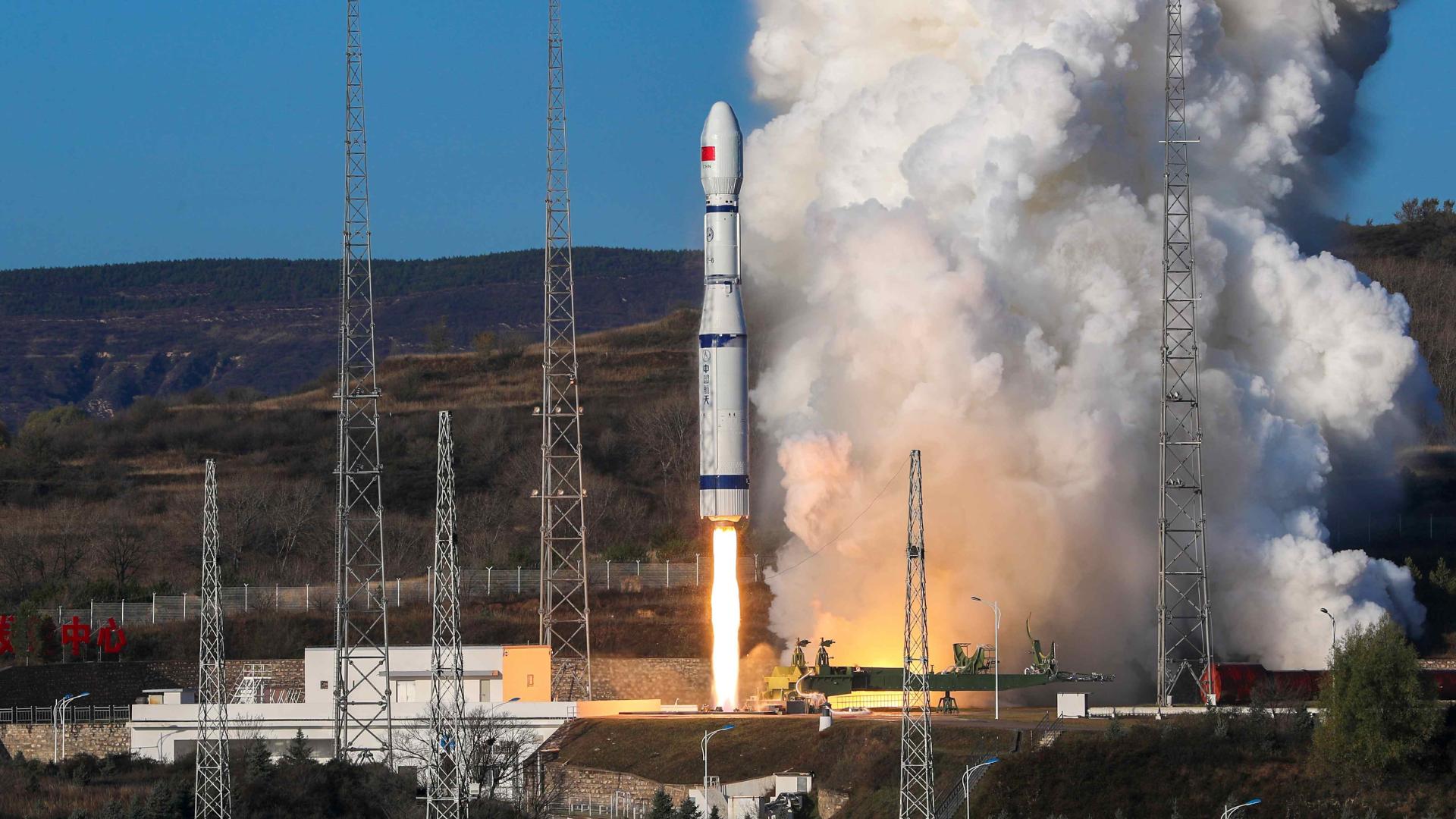China Emerges as Global Leader in Generative AI Adoption

China is asserting its position as a global frontrunner in generative AI adoption, with a remarkable 83 percent of industrial respondents indicating their use of this cutting-edge technology. This development comes on the heels of a pivotal year marked by tremendous advancements in generative AI, largely spurred by the debut of OpenAI's ChatGPT in late 2022.
The findings are part of a comprehensive survey conducted by SAS, a prominent U.S. AI and analytics software firm, in collaboration with Coleman Parkes Research. They surveyed 1,600 decision-makers across various industries globally, revealing a striking trend: China's adoption rate significantly surpasses that of 16 other nations, including the United States, where only 65 percent reported engaging with generative AI.
Global adoption data reveals an average of 54 percent, underscoring China's dominant position in the sector. The survey included a diverse range of industries such as banking, insurance, healthcare, telecommunications, manufacturing, retail, and energy.
Despite China's impressive uptake of generative AI, the U.S. maintains an edge in maturity, with 24 percent of American organizations having fully implemented these technologies, compared to China's 19 percent and the United Kingdom's 11 percent.
In the last few years, China's AI landscape has witnessed significant technological advancements, particularly in innovation, product development, and sector-wide applications. The sector's evolution has been accelerated by the rise of new technologies, particularly large model architectures.
A recent report from the World Intellectual Property Organization highlights China's lead in the generative AI patent race, having submitted over 38,000 patent applications between 2014 and 2023, while the U.S. lagged far behind with only 6,276 filings during the same timeframe.
Furthermore, China is home to over 4,500 AI companies, and its core AI industry achieved a staggering scale exceeding 578 billion yuan, equivalent to approximately 79.5 billion dollars, in 2023. This represents a year-on-year growth of 13.9 percent according to official statistics.
Looking ahead, China plans to implement more than 50 national and industrial standards for AI by 2026. This initiative aims to establish a robust standard system that will guide the high-quality development of the artificial intelligence sector, as outlined in newly released guidelines by the Ministry of Industry and Information Technology along with three other government agencies.
Read These Next

Insights on the First Humanoid Robotics Games
Commentary on the significance of the first humanoid robotics games held in Beijing, exploring their implications for technology and society.

China Successfully Launches Tianping-3 Satellite
China's Tianping-3 satellite launch boosts radar calibration, atmospheric monitoring, and space research capabilities.

Google Photos Unveils AI Feature for Media Authenticity
Commentary on Google Photos' new AI detection feature and its implications for digital media authenticity.
